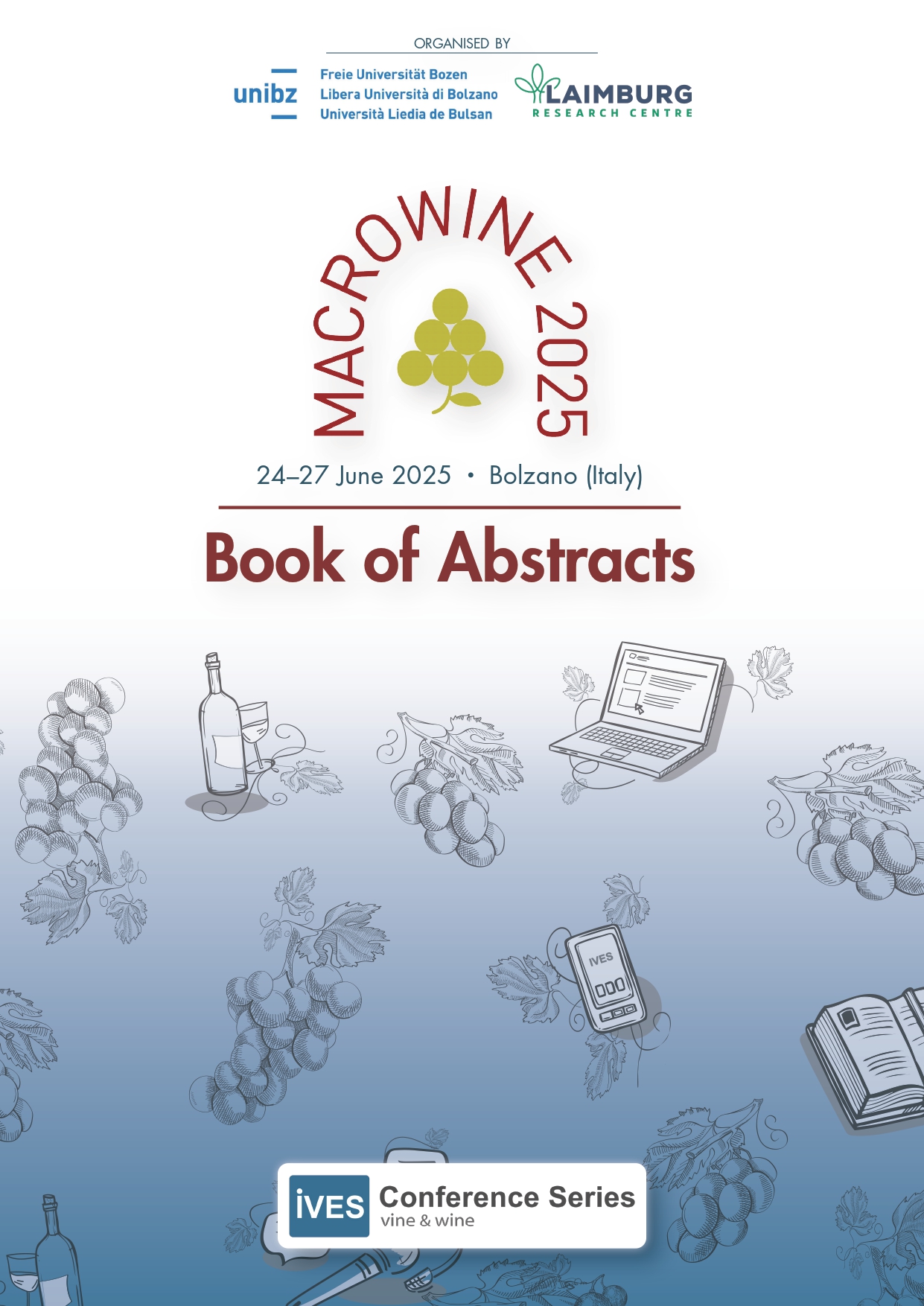Key learnings about the chemical bases of wine uniqueness and quality, essential companions for future developments
This presentation aims to demonstrate that the value attributed to wine as we today know it is based on three factors: 1) sensory balance, 2) personality, and 3) bioactivity.


